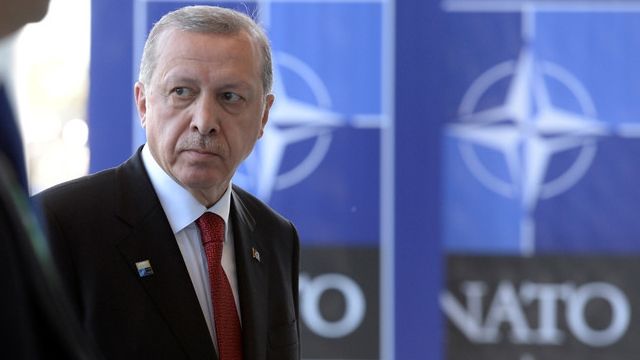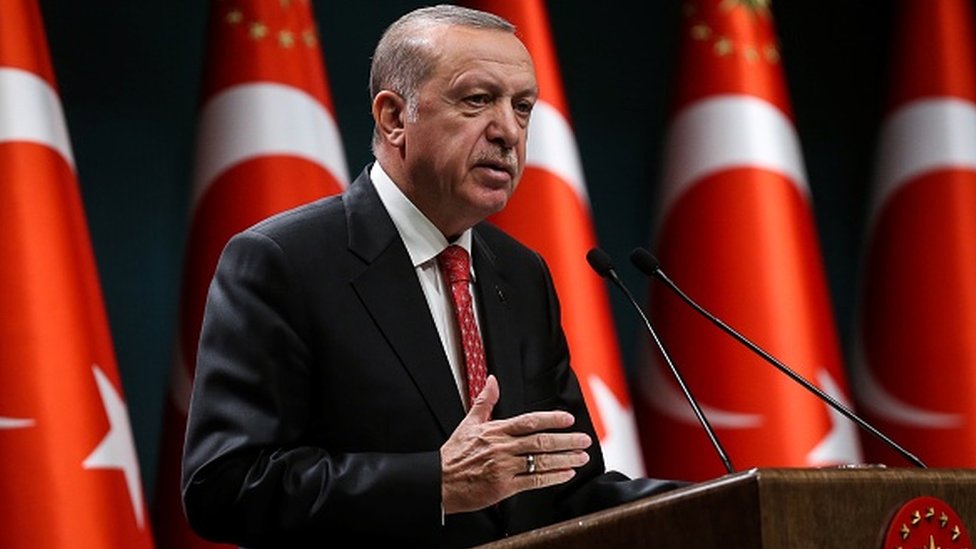By Katya Mavrelli,
The war in Ukraine has shaken the existing international power structures indefinitely. Apart from the shock of the – expected, to some extent – incident, the subsequent consequences of this tension include the modification of existing power structures and irreversible implications on the international geopolitical and geoeconomic sphere. NATO is under the spotlight, now more than ever, given the belief that it may contribute to regional – and international – stability. However, the recent decision by Sweden and Finland to join the organization may have implications further from the Nordic countries, and closer to the turbulent Middle East.
Many of the other NATO members have warmly embraced the idea of their accession into the security, defense, and cooperation organization, which has been at the epicenter of the international scene recently. The developed military capacity and knowledge would diffuse successfully among other members, helping fortify and secure the northern flank. Their decision comes at a cost. In order to secure the existing power dynamics, which are already under threat, they have sacrificed their traditional policy of neutrality. And with this, Russia’s – more precisely – and Putin’s fear of encirclement is heightened, leading to more possible future miscalculations and prolongation of the conflict. Ukraine has turned into a regional pivot, an area that needs to be controlled by some entity in order for regional peace to replace the current instability, as Halford Mackinder also suggests. With NATO’s increasing international significance and involvement, Russia’s desire to dominate this pivot increases.
And with NATO’s increasing importance comes the desire of different players to seize this opportunity to increase their regional, strategic and geopolitical importance. In this context, Turkish President Recep Tayyip Erdoğan is trying to utilize one of the most intense crises in the heart of Europe for personal and political advantage. Erdoğan’s resistance to the idea of the Finnish and Swedish accession into the security organization stems from the accusations that the two Nordic countries are hubs for terrorism, given that they host members of the Kurdistan’s Workers’ Party (PKK) and the followers of Fethullah Gülen. Demanding respect and support in its security initiatives and concrete steps against PKK and its offshoots, Erdoğan claimed that he would not respond positively to the idea of them becoming NATO members unless these conditions were met.

However, the objections are not necessarily related to the stance of the two Nordic countries on one of the most important issues in Turkish domestic and foreign policy. Erdoğan’s stance has more to do with the U.S. than any other NATO member state. The distance that has started growing between U.S. President Joe Biden and Erdoğan has been quite different, compared to the closeness that characterized the bilateral relations under former U.S. President Donald Trump. Turkey was infuriated also when the U.S. imposed sanctions and removed it from the program to develop the F-35 stealth fighter, as a response to Turkey’s willingness to use the Russian S-400 air defense missile system. Even though relations seem to have improved and a deal for Turkey to purchase 40 new F-16 jets is underway, political analysts think that Erdoğan’s stance towards NATO is “leverage” for the acceleration of the deal negotiations.
Erdoğan’s relationship with Russia’s Vladimir Putin is also on shaky ground. Even though the two aren’t close, and their strategies are not aligned, Erdoğan refuses to stand with the west and impose sanctions. While there seem to be two clearly defined blocks in the international arena, on the one hand, one which is firmly against Russian aggression and initiatives, and on the other hand Russia, and Turkey seem to be standing on their own, trying to defend their regional position and achieve more in the midst of international geopolitical chaos.
Essentially, Erdoğan’s skepticism leads to the following conclusions. Firstly, his willingness to remain apart from the rest of the west – and fellow NATO members – but also not align with Russia, shows that he is trying to redefine Turkey’s regional status. By becoming involved in the conflict, and even mediating to find a diplomatic solution to it, Erdoğan is actively turning the Middle East into a geopolitical pivot, an area of great significance that is involved in different spots around the globe. His attention to this transformation means that Turkey can potentially be known for something other than its severe – and worsening – internal financial crisis. Secondly, Erdoğan’s attitude shows that soft power diplomacy, enriched with geopolitical concepts and security connotations will now become the lexicon of international relations.
References
- “Why Turkey is blocking bids by Sweden and Finland to join NATO”, economist.com, Available here
- “The Price of Order: Settling for Less in the Middle East”, foreignaffairs.com, Available here




